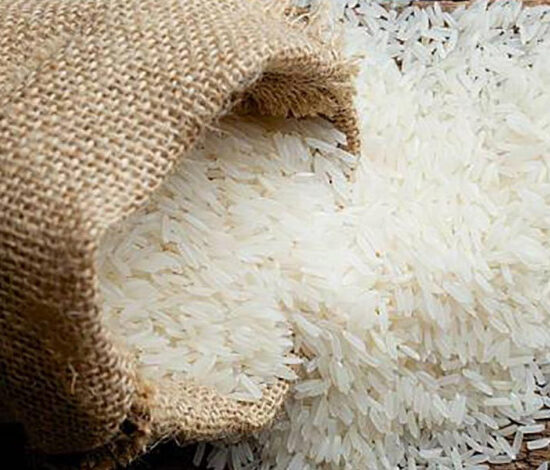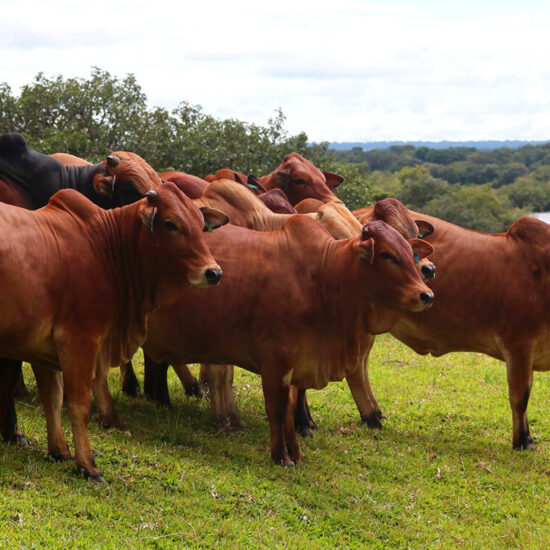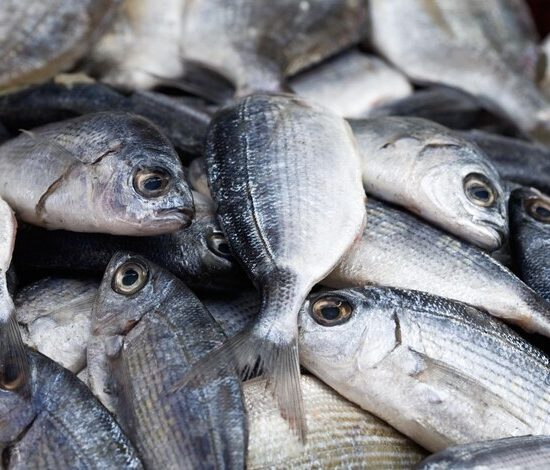
The demand for goat meat in Zambia is on the increase as prospects for exports and price per kilogram is even much higher than beef in most retail outlets and butcheries. The demand within the region also continues to peak with for instance, the neighboring DRC market remaining unsatisfied.
The Ministry of Fisheries and Livestock disclosed that there has been an increase in the country’s goat population and Zambia currently has an estimated population of about seven million goats.
Ministry of Fisheries and Livestock Permanent Secretary Dr. Benson Mwenya said there is an increase in the number of people who have ventured into goat breeding and ranching because of government’s plans to support the sector through exports goats to Saudi-Arabia as soon as talks are completed with the Saudi Arabian government.
Speaking in an exclusive interview with Zambian Business Times-ZBT, Dr. Mwenya said the demand for goat meat on the local market has continued to grow and has also extended to the export market via Kasumbalesa to DRC and Angola.
Dr. Mwenya added that most goat farmers are facing the challenge of infrastructure as they do not have the suitable facility required for goat rearing. He also said that it is important for goat farmers to choose specific breeds which will be able to breed in specific settings as goat rearing is also dependent on the right environment.
Dr. Mwenya said some of the breeding centres that government has include Mukulaikwa breeding centre in Shibuyunji, Kanchindu breeding centre in Sinazongwe, Mutaba Breeding centre in Ndola, Luchembe breeding centre in Mpika and Lukwipa breeding centre in Rufunsa. People are welcome to visit these centre and get practical advise on how they can become viable goat farmers.
On the recurrent question of exports of 1 million goats, Dr. Mwenya told ZBT that Government is still in talks with the Saudi Arabian government concerning the export of one million goats to Saudi Arabia every year. The Govt intends to close this deal as soon as the situation gets back to normal following the covid 19 pandemic disruptions.







